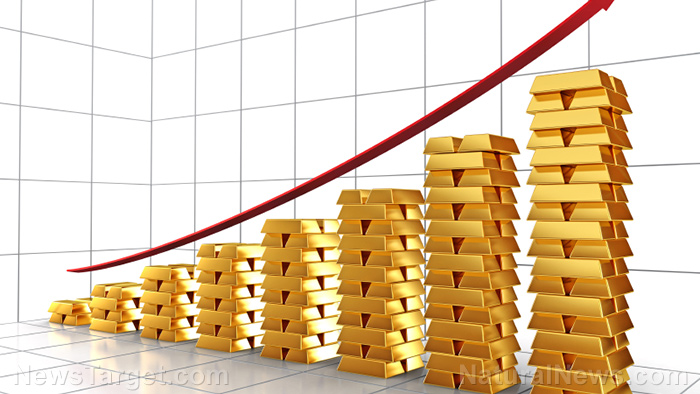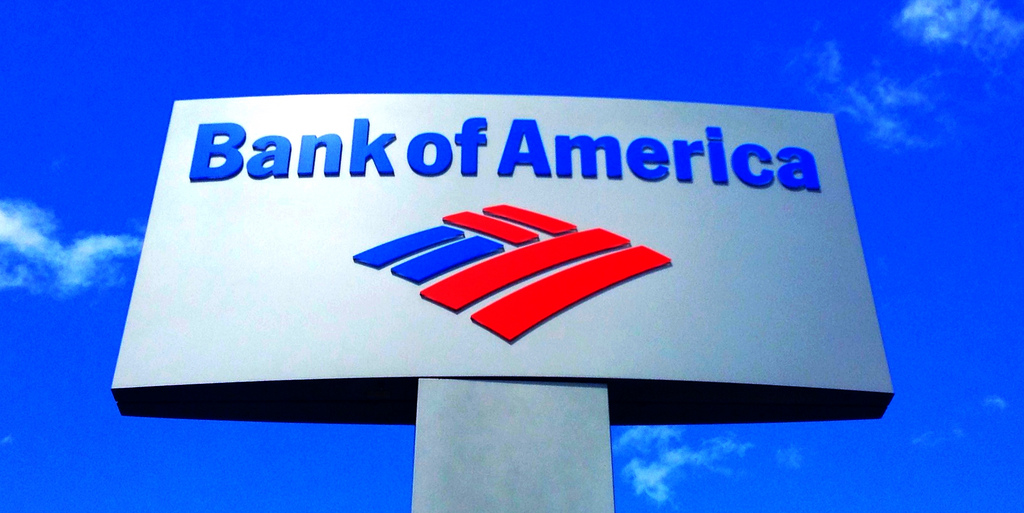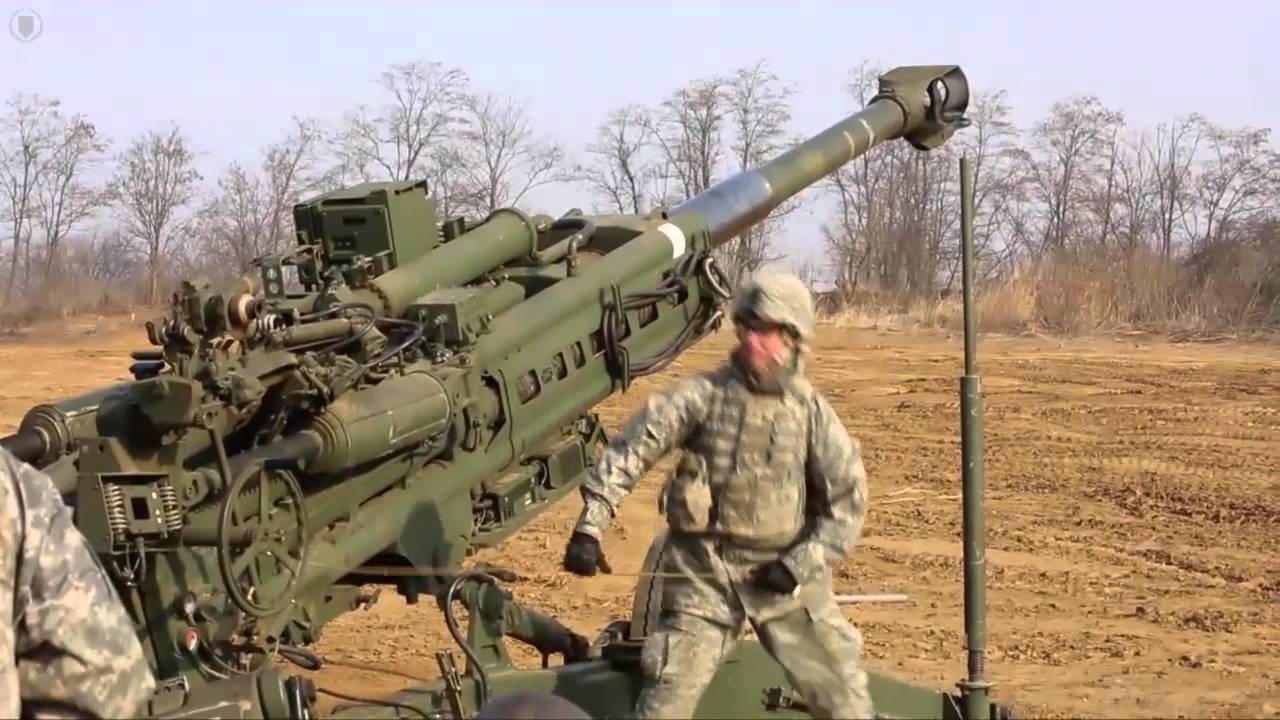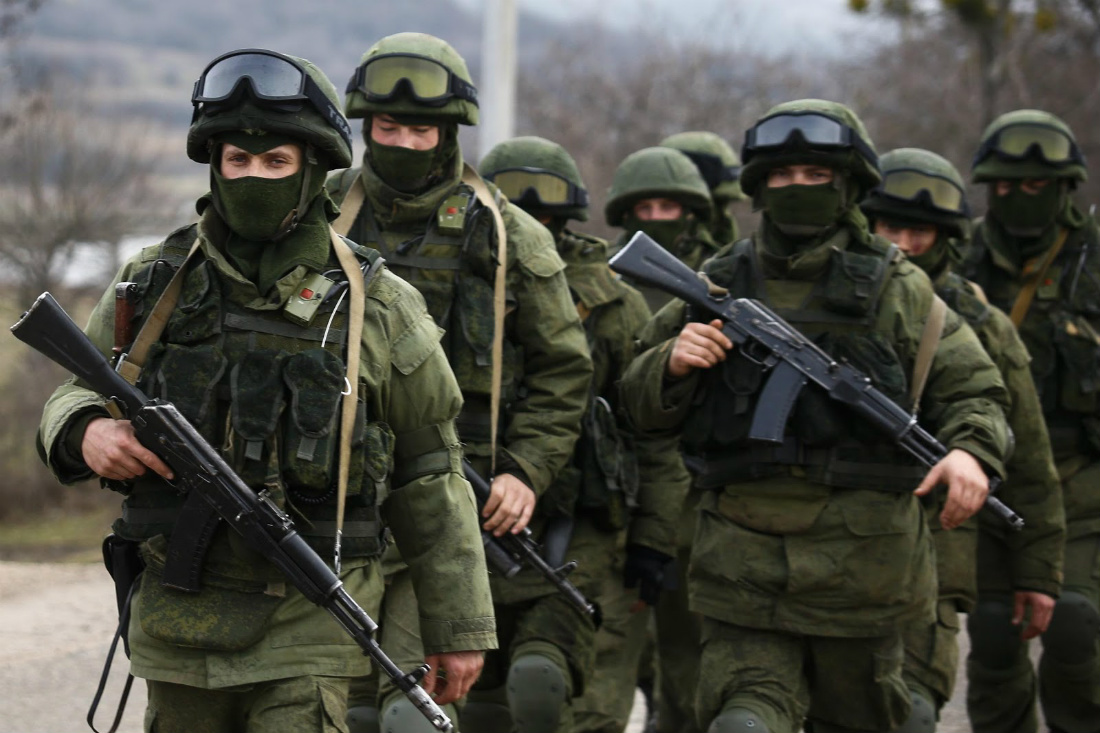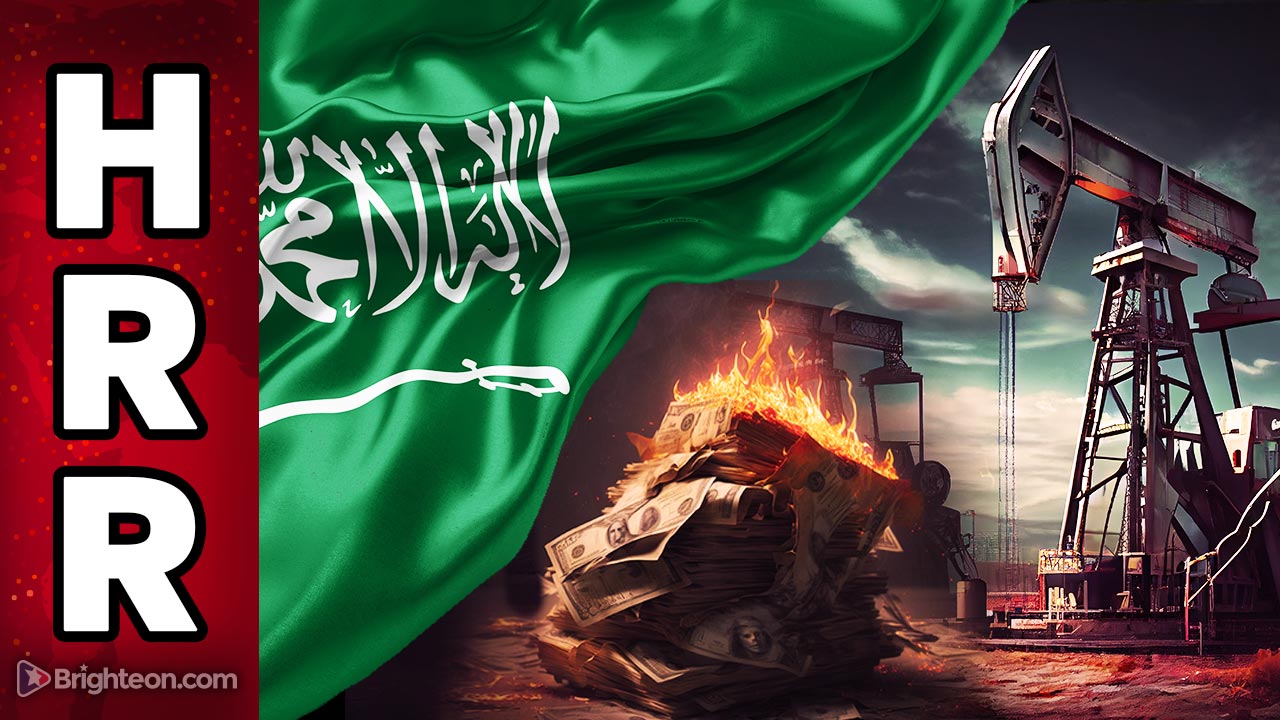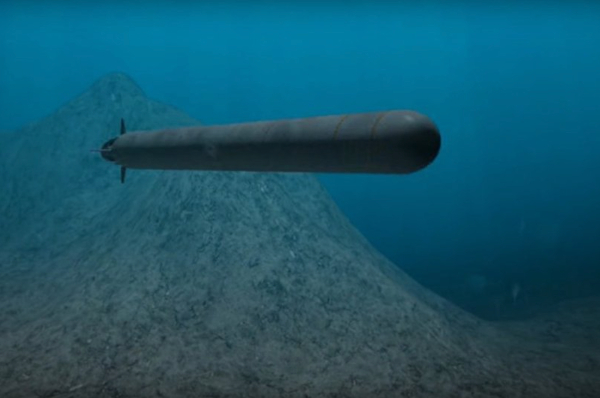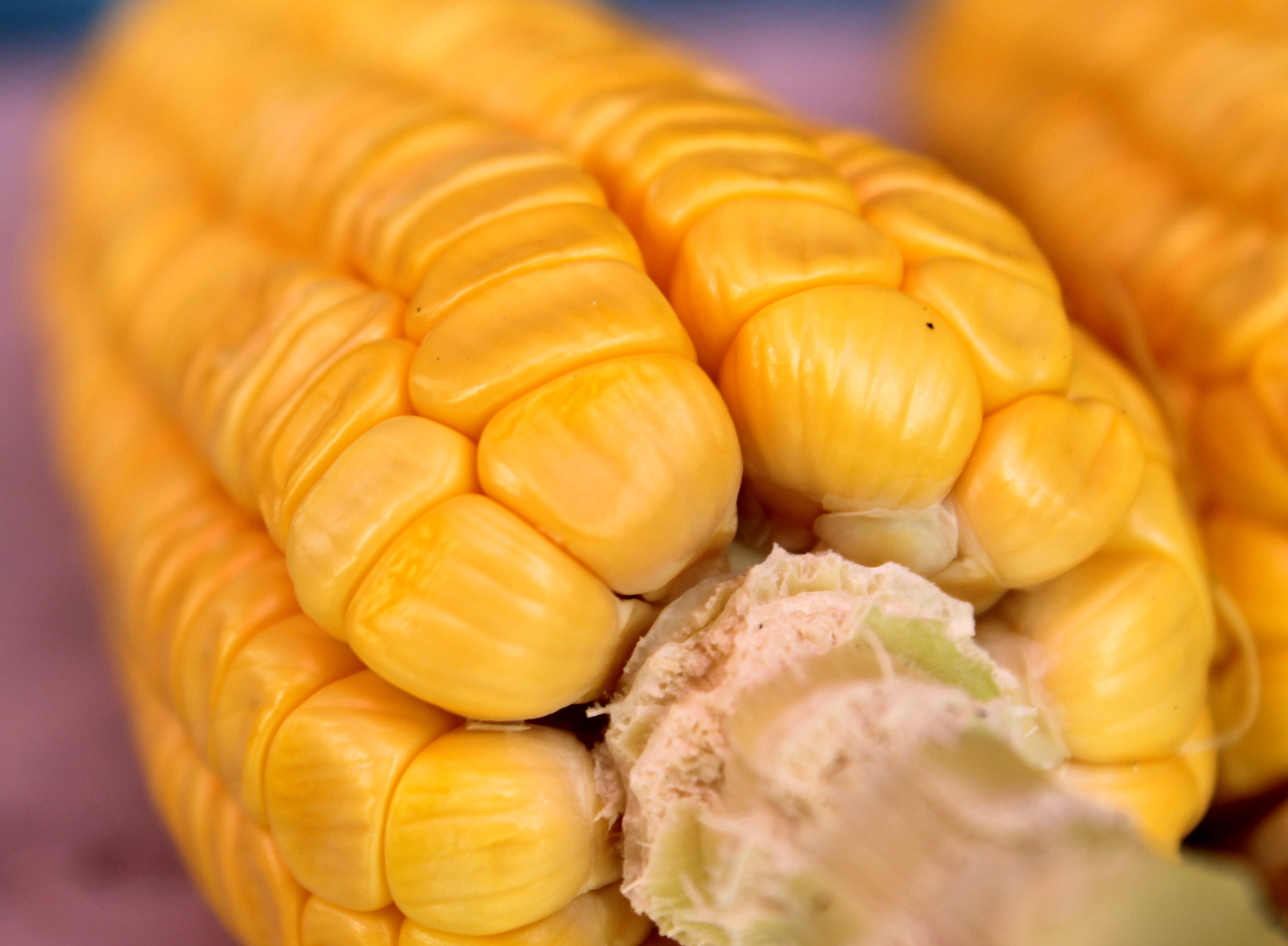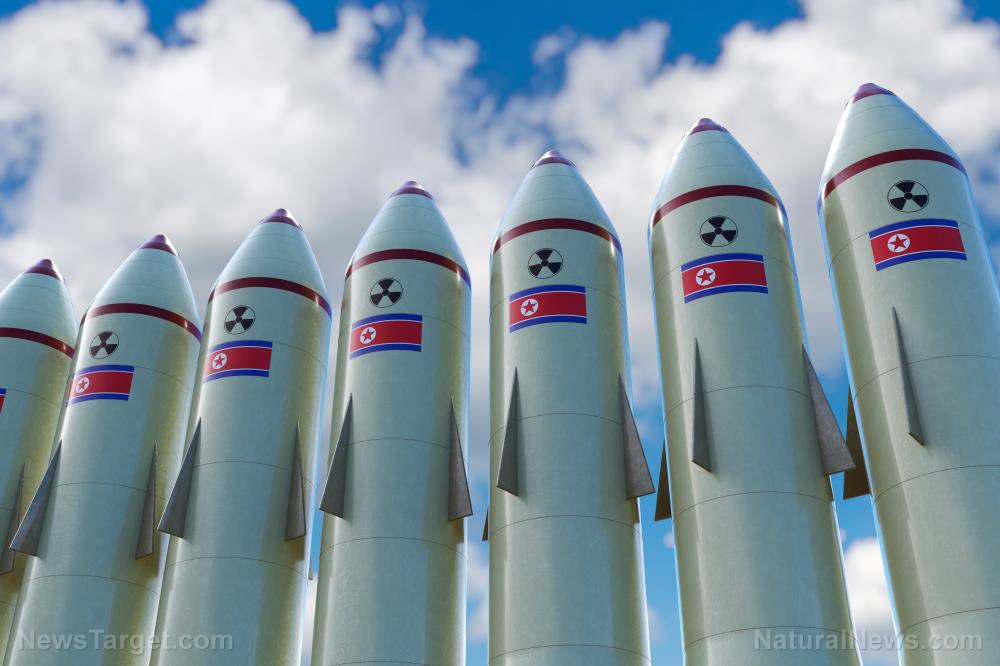High prices for potash fertilizer to persist in 2023 as world struggles to ramp up production
01/18/2023 / By Arsenio Toledo
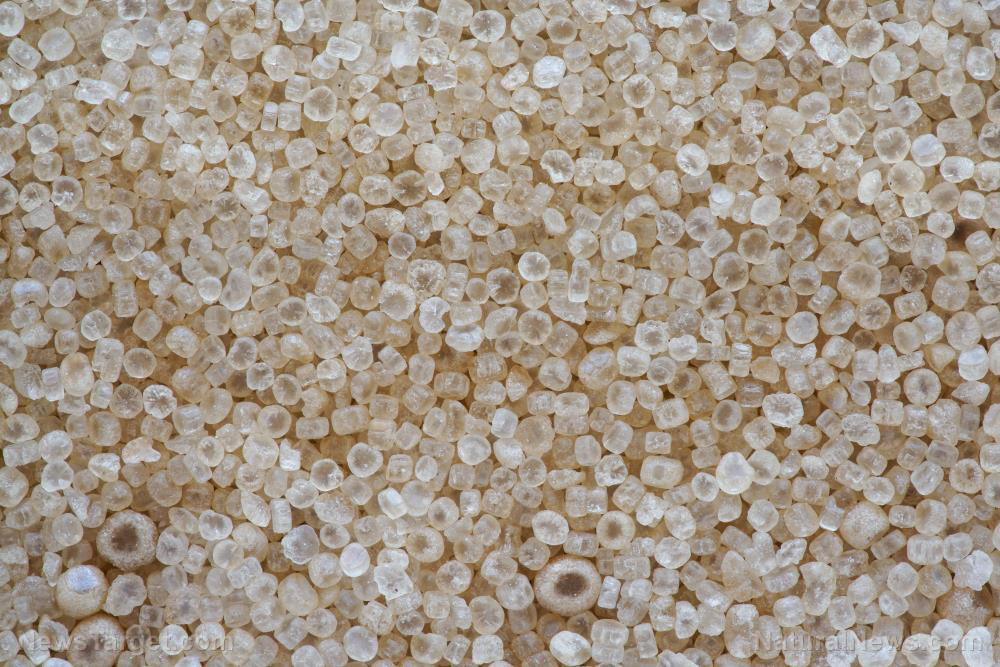
A major Brazilian potash producer recently warned that high prices for this variety of fertilizer will likely persist as the world scrambles to ramp up production amid concerns over food insecurity.
Brazil Potash CEO Matt Simpson said protectionism, or government policies that restrict the international trade of certain products such as fertilizer, is a big reason for the global shortage of fertilizer. While major fertilizer manufacturers are trying to speed up production, it will take some time to solve the tightening of fertilizer supplies. (Related: Study: Fertilizer inflation crisis driven by Ukraine conflict could result in a million more deaths due to hunger.)
Simpson noted that this has been compounded by the disappearance of fertilizer caused by the Russian special military operation in Ukraine, with market trends showing that nearly half of the global potash market – or 42 percent – has been impacted.
“While potash from Russia is quietly making its way out to markets, only about 30 percent of prior volumes are making its way out of landlocked Belarus,” said Simpson. “When the war started, potash prices for delivery in Brazil – one of the world’s most important agricultural export markets – quadrupled to the $1,200 per [metric ton] level.”
Fertilizer prices at the start of 2023 look good, but likely an outlier for the year’s predicted trend
As the United States entered the new year, average retail prices for all eight major fertilizers were slightly lower in first week of January compared to the first week of December 2022.
In particular, potash prices in the U.S. were down by eight percent compared to last month, currently costing around $752 per ton. This makes current potash prices around seven percent lower compared to the first week of January 2022, when it cost around $807 per ton.
Diammonium phosphate, monoammonium phosphate, urea, anhydrous, UAN 28, UAN 32 and 10-34-0 fertilizers also experienced slight dips in prices, and all but the diammonium phosphate are currently cheaper than they were in the first week of January 2022.
Simpson agrees that the situation regarding fertilizer prices looks optimistic now, but he warned that the global market is unlikely to experience significant relief in 2023 either in the overall price situation or the growing global food shortage.
He warned that the previous year’s food inflation and rising prices are still impacting global food security.
Simpson also noted that, given how the conflict in Ukraine is starting to look like it will turn into a protracted one that won’t be resolved in the next few months, this has greatly impacted Russia’s neighbor, the landlocked nation of Belarus, a major fertilizer exporter.
It is expected that more than 15 million metric tons (16.53 million tons) of expected new potash fertilizer production in Belarus will likely be delayed until the end of the conflict at the earliest since those projects are unlikely to receive any additional foreign funding due to the heightened security risks.
“This sets up the market to remain tighter for longer,” warned Simpson. He added that, while the future of global food security remains uncertain now, potash producers will be able to play an essential role in strengthening global supply and ensuring that everybody in the world has access to nutritious food.
Brazil Potash itself is looking to play a major role in this potential development as it attempts to reinforce the country’s fertilizer supply with the Autazes potash project – a possible potash production facility in the northern Amazonian region that will use uses a very environmentally friendly method of extracting the crop nutrient potassium chloride.
Currently, about 85 percent of Brazil’s fertilizer requirement is imported.
Learn more about the global food situation at FoodSupply.news.
Watch this clip from InfoWars discussing the warning of the United Nations director of World Food Program that 2023 will be “hell on earth” due to the fertilizer shortage.
This video is from the InfoWars channel on Brighteon.com.
More related stories:
USDA announces $500 million stimulus program to boost domestic fertilizer production.
Prepare for dire food shortages as most fertilizer production in Europe goes offline.
World’s largest fertilizer manufacturer sounds alarm, says shortages will last throughout 2023.
Sources include:
Submit a correction >>
Tagged Under:
agriculture, Brazil, Brazil Potash, chaos, Collapse, crops, famine, fertilizer, fertilizer inflation, fertilizer prices, food collapse, food scarcity, food supply, harvest, hunger, panic, potash, rationing, starvation, supply chain warning
This article may contain statements that reflect the opinion of the author
RECENT NEWS & ARTICLES
COPYRIGHT © 2017 CHAOS NEWS


